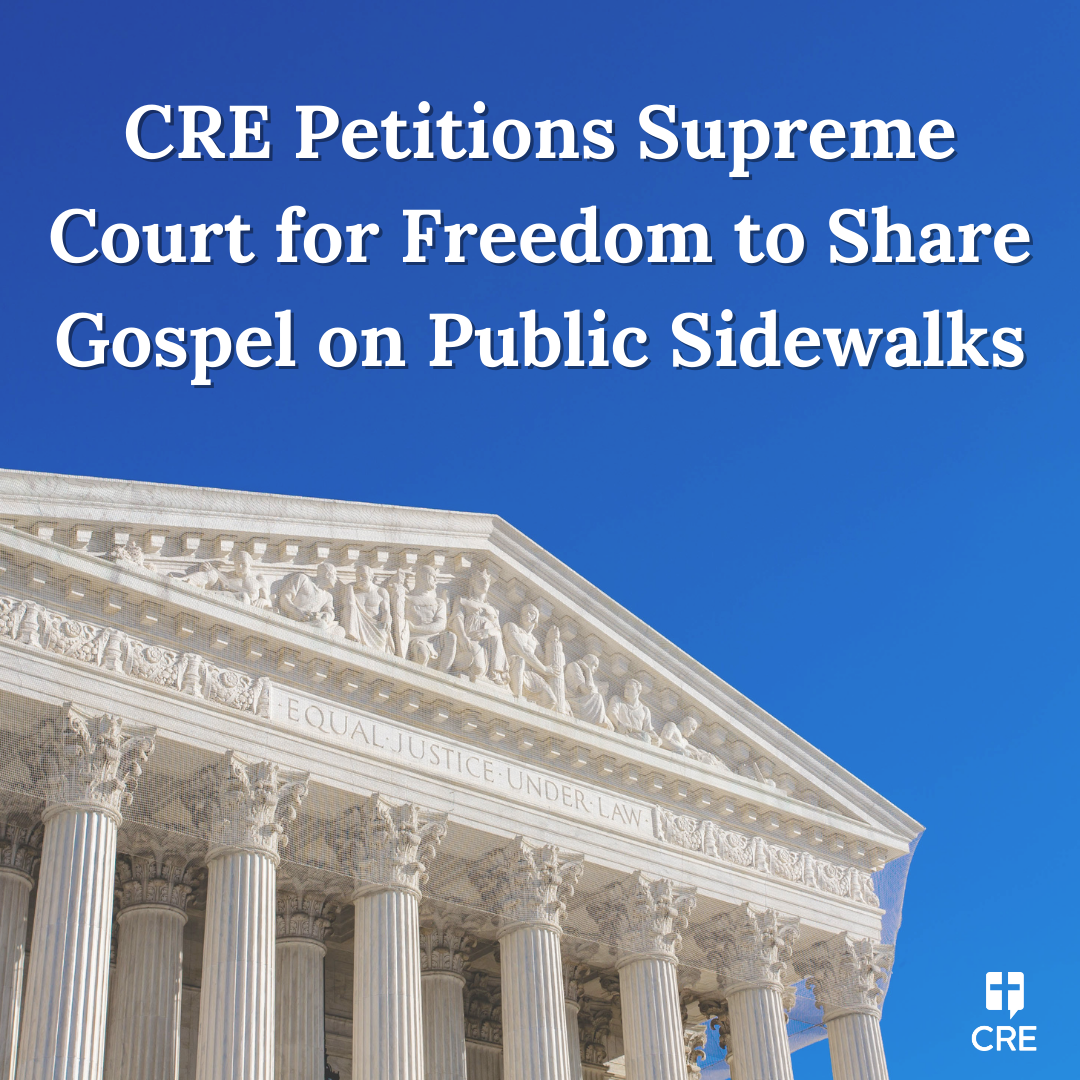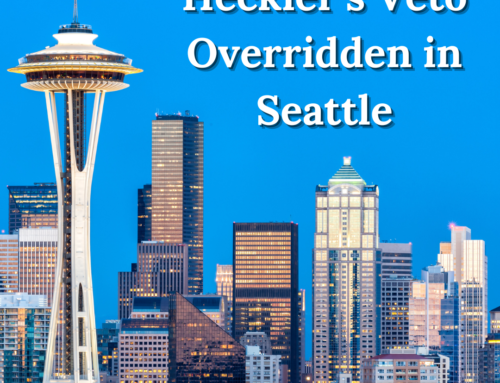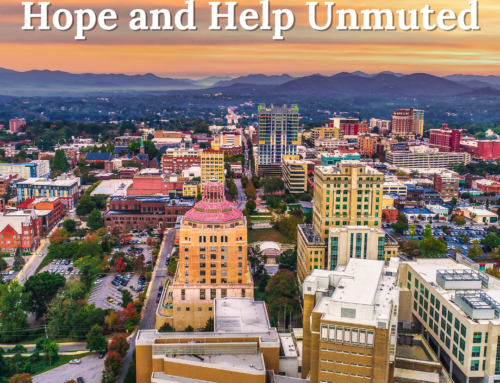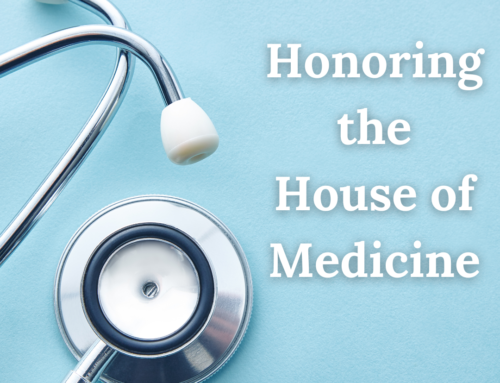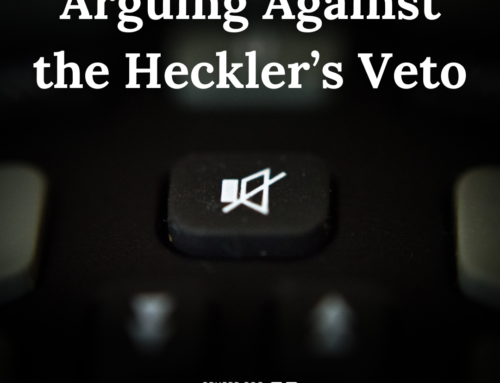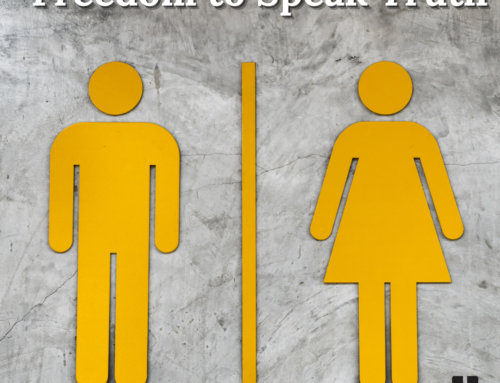Washington D.C. — July 2, 2018. Center for Religious Expression (CRE) along with co-counsel American Center for Law and Justice (ACLJ), filed a petition for certiorari with the United States Supreme Court, asking the High Court to hear a case with far-reaching implications for free speech in public places.
Rodney Keister is a travelling missionary evangelist, who wants to share the Gospel by passing out religious tracts and visiting with people on public sidewalks. Because he especially wants to reach college-age students, he seeks to stand on city sidewalks abounding public university property and share his faith. But when Keister tried sharing his faith on a public sidewalk between a public city street and the University of Alabama (UA) campus in March 2016, UA officials warned that he could not engage in any form of communication there without securing a sponsorship and university approval ten days in advance, under threat of arrest. For basis, UA asserted authority to control expression on sidewalks adjacent to UA property.
When CRE’s efforts to persuade UA of its constitutional error fell on deaf ears, CRE filed a lawsuit on Keister’s behalf. But, ruling against Keister, the federal district court and Eleventh Circuit Court of Appeals deviated from well-established constitutional precedent, discounting his right to speak on a public way.
“Public sidewalks have long been considered the quintessential place to share beliefs, and they do not lose their status simply because they border university property,” said CRE Chief Counsel Nate Kellum. “Particularly, where sidewalks run alongside public city streets, they should be open to free expression.”
Kellum elaborated on the dire consequences of the lowers courts’ decision unless the Supreme Court reverses it.
“The Court of Appeals ruling threatens to sow chaos in First Amendment law,” said Kellum. “Unless the Supreme Court takes this case and reverses, courts will scrutinize each public sidewalk individually to decide whether speech is allowed there based on whims of neighbors. Public speech will no longer be free.”

